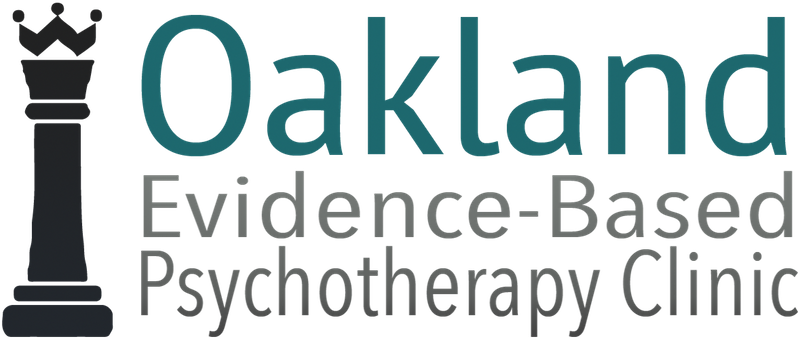Treatment for Individuals and Families in Crisis:
Dialectical Behavior Therapy (DBT) is an intensive, thoroughly researched form of cognitive-behavioral therapy. Along with cognitive-behavioral interventions, an integral component of DBT is mindfulness, a concept borrowed from Eastern meditative practices. Through numerous clinical trials, DBT has repeatedly demonstrated its efficacy in treating a variety of mental health disorders.
Developed by renowned psychologist, Dr. Marsha Linehan, DBT was originally intended to treat borderline personality disorder, a condition characterized by difficulties managing emotions, angry outbursts, chaotic relationships, impulsivity, diminished sense of self, and in many cases, self-harming and/or suicidal behaviors.
Borderline personality disorder is usually diagnosed in early adulthood. This diagnosis is not given to children or adolescents, although many of the traits of the condition may be apparent during the teenage years. To treat these symptoms in adolescents, an adaptation of DBT has been developed and has also been extensively researched and has proven effective. Many individuals exhibiting these traits have a history of trauma and may be struggling with symptoms of posttraumatic stress disorder.
The treatment consists of three primary components:
- Weekly individual therapy sessions that rigorously address problematic patterns of behavior and the patterns of thought and emotions that lead to and/or exacerbate these behaviors. Later stages of therapy are focused on addressing prior traumas and resolving the symptoms of anxiety commonly associated with Post-Traumatic Stress Disorder.
- Weekly skills training groups that provide group members with extensive training in the use of mindfulness skills, interpersonal skills, emotional coping skills, and crisis survival skills.
- Coaching correspondence that allows participants to collaborate with their therapists to develop coping strategies to head-off crises between sessions. Coaching is integral for participants to begin to generalize what they learn in skills training group to their daily lives.
At OEBPC, we have clinicians with extensive training in marriage and family therapy and thus are also able to offer family therapy sessions as an ancillary treatment to the spouses, significant others, and/or family members of individuals participating in DBT.

In addition to treating Borderline Personality Disorder, DBT can also be effective treatment for eating disorders, posttraumatic stress disorder, and other anxiety and mood disorders.
If you are concerned for yourself or a family member and believe that DBT may be an appropriate treatment, please contact REBPC to set up a consultation.
